In the immediate aftermath of Russia’s invasion of Ukraine on Thursday, several high-profile officials of the Islamic Republic sought to publicly justify Vladimir Putin’s aggression. Foreign Minister Hossein Amir Abdollahian tweeted that the “Ukraine crisis” was “rooted in NATO's provocations”: sentiments echoed by Ministry spokesman Saeed Khatibzadeh.
State-controlled media have recycled the same line, with the official narrative so tightly and repeatedly aligned to that of the Kremlin that even conservative ex-MP Ali Motahari, no stranger to controversy, tweeted: “The IRIB is reporting the news like a Russian colony.”
Initially on Thursday, the IRIB and media outlets affiliated with the Revolutionary Guards only reported on Russian troops moving into the breakaway zones of Donetsk and Luhansk. When the onslaught on Kyiv became impossible to ignore, reports lifted Putin’s terminology to describe what was happening, calling the attack on a sovereign foreign capital “special operations” being conducted on the request of the separatist leader of the Donbas region.
The official Islamic Republic of Iran News Agency (IRNA) tried to place responsibility for the invasion on both sides, writing that Russia and Ukraine “have a long record of mutual cultural concerns, territorial disputes and long-standing tensions that have now arrived at a full military confrontation.”
Fars News Agency decried the newly-announced international sanctions against Russia: “Russia’s special military operations in Russia have inflamed Western countries to do whatever possible to further isolate Moscow.”
Several guest commentators on Iranian TV news programs threw their weight behind the invasion, claiming that NATO wanted to extend its frontiers as far as the Republic of Azerbaijan, a neighbor of Iran. A single exception was Hassan Beheshtipour, an analyst of international affairs, who said on air: “Do not trust Russia. There is no guarantee they will not attack Iran as well.”
But there were also several isolated incidents of censorship and self-censorship in the early Iranian response to the crisis. “Apparently, Russia has launched its self-defense from Ukraine,” former Communications Minister Mohammad-Javad Azari Jahromi joked on Twitter, in a post that later disappeared.
The Russian Embassy in Tehran also called mention of Russian fighter planes over Ukraine by Tasnim News Agency “fake” and part of an anti-Russian propaganda drive. After the claim was picked up by independent media, that tweet, too, was deleted.
Ali Shamkhani, secretary of Iran’s Supreme National Security Council, appeared gleeful over the carnage in Ukraine. It showed, he posited, that “instability and insecurity in the Eastern hemisphere will seriously damage Western interests... The Ukraine crisis can teach them a lesson.”
Simultaneously, international and European media outlets have been covering Iran’s position towards the crisis in Ukraine. Some have called Iran an “ally” of Russia. Earlier, on February 19, speaking at the Munich Security Conference, German Chancellor Olaf Scholz intimated the two countries’ tactics were of a piece: “It is essential for the EU and NATO to complement and reinforce one another, to prepare themselves to face new risks. Ultimately, a cyberattack remains a cyberattack – regardless of whether it is directed from Saint Petersburg, Tehran or Pyongyang.”
The “De-Nazification” of Ukraine
On Thursday, February 24, Putin tried to justify the invasion by claiming that one of his goals was to “de-Nazify” Ukraine, inexplicably harking to Russia’s role in defeating Nazi Germany almost 80 years ago. He further claimed that NATO had been supporting ultra-nationalists and neo-Nazis in Ukraine.
This idea has been widely promoted in Kremlin-controlled media for the past few months, likely as part of the planned build-up to the invasion. But as a number of observers have pointed out, Ukrainian President Volodymyr Zelenskyy is Jewish and himself lost three family members to the Holocaust. One analyst even compared Putin’s claim in turn to the lies told by Joseph Goebbels, Hitler’s propaganda chief.
Meanwhile, the state of Israel remained largely silent on Russia’s military build-up until the invasion on Thursday morning. Then Israeli Foreign Minister Yair Lapid condemned the onslaught, announcing: “The Russian attack on Ukraine is a serious violation of the international order. Israel condemns that attack and is ready and prepared to offer humanitarian assistance to Ukrainian citizens.”
At the time of writing, neither Putin’s claim about Nazism, nor Israel’s condemnation of the invasion, had been reported in Iranian media.
In 2014, when Putin’s forces annexed the Crimean Peninsula from Ukraine, the Islamic Republic also supported Russia but in softer, less brazen terms. After the annexation, the hardline daily Kayhan trumpeted the event as a “crushing defeat for a Velvet Revolution in Ukraine”.
Related Coverage:
Ex-MP: Iranian State Media "Acting Like a Russian Colony"
As Putin Invades Ukraine, Iran is Silent
Tehran is Vacillating Over the Russia-Ukraine Crisis. Here's Why
Prayers in the Kremlin: A History of Awkward Iran-Russia Encounters
Fact Checking Special: Three Lies in a Veteran Diplomat’s Short Interview
Fact Check: With SCO Membership Approved, is Iran the 'Fourth Power in the East'?
Iranian Diplomats Sing Putin's Praises as Raisi Heads to Moscow
Iran and Russia, Part II: Russia's Janus-Faced Role in Iran's Nuclear Program
Iran and Russia, Part I: What Khamenei Took From the Collapse of the Soviet Union
What's Going on With Russia and Bushehr Nuclear Power Plant?
Iranian Official: Moscow Won't Let Us Extract Gas From Our Territory
visit the accountability section
In this section of Iran Wire, you can contact the officials and launch your campaign for various problems




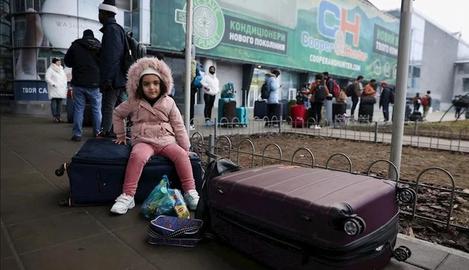
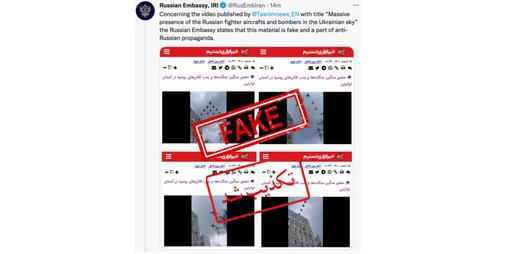
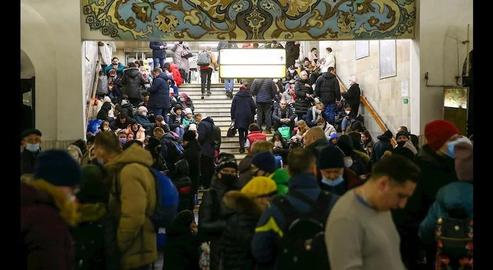
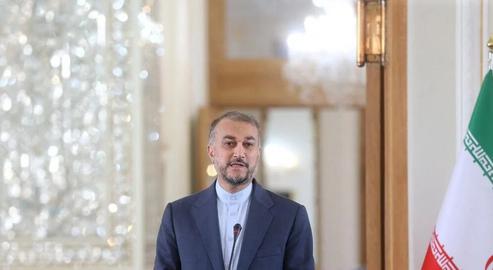
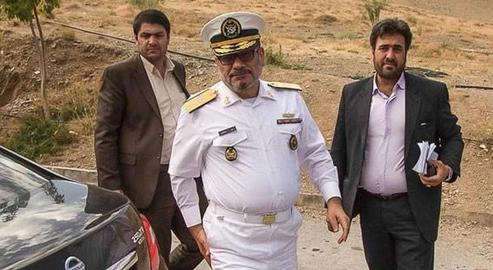
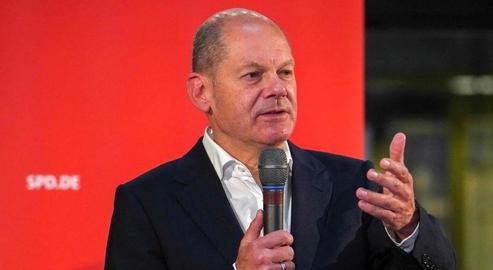




















comments